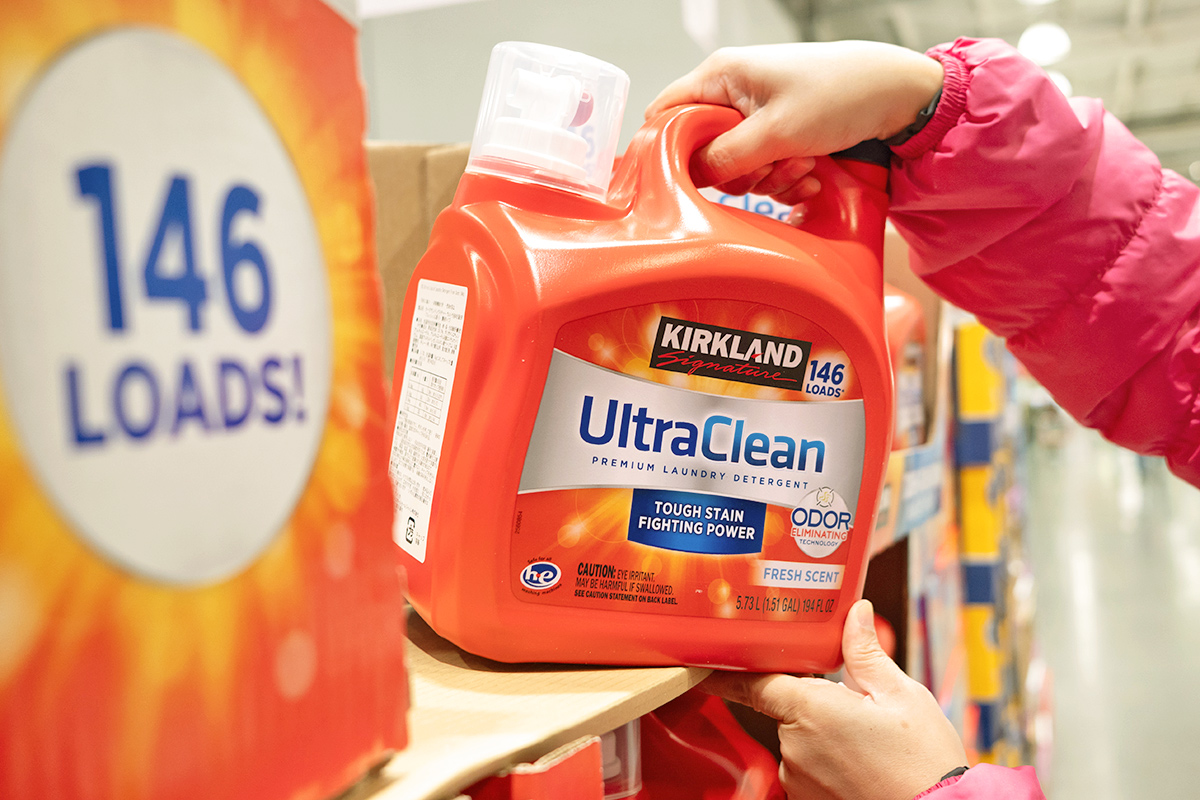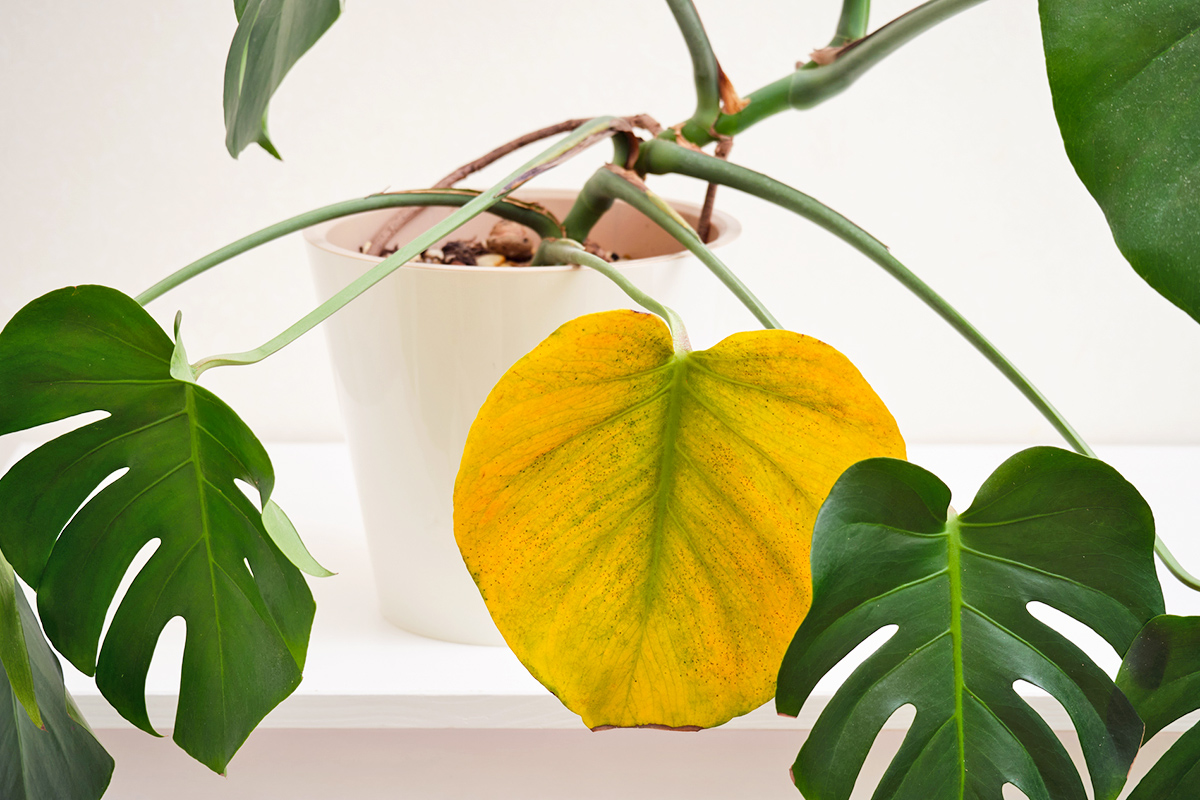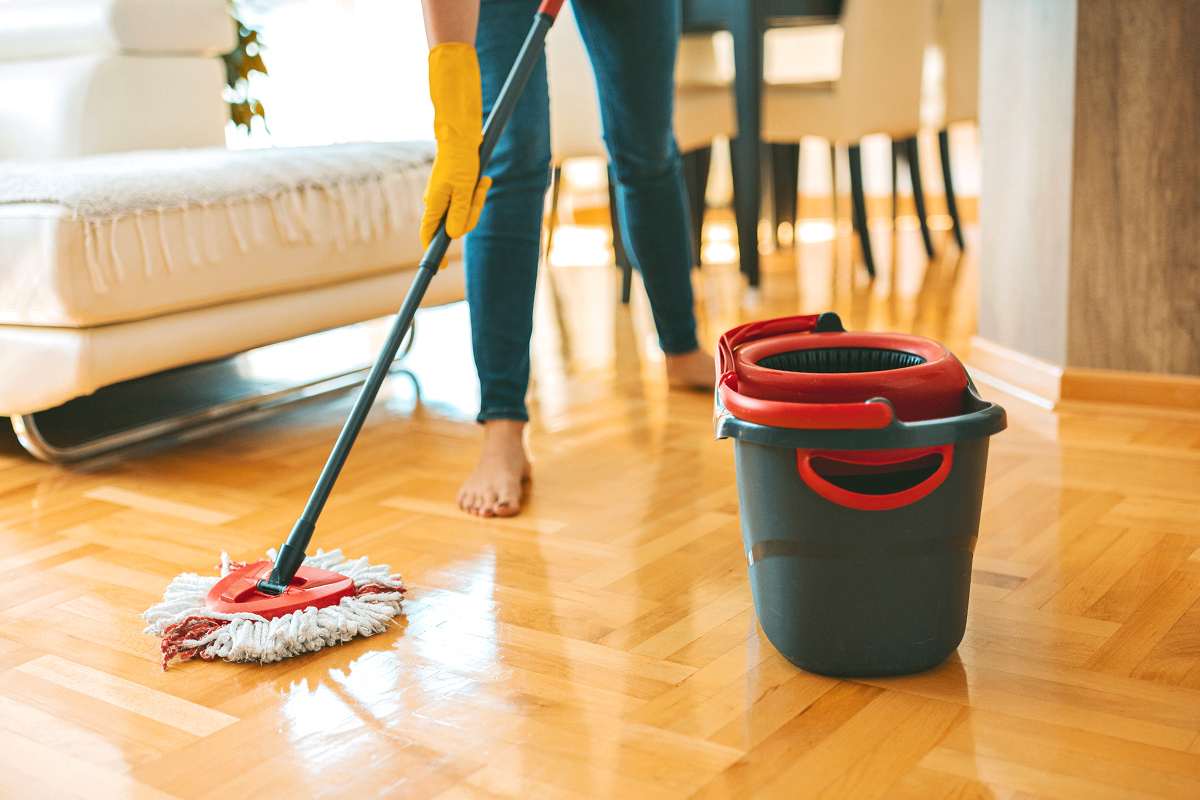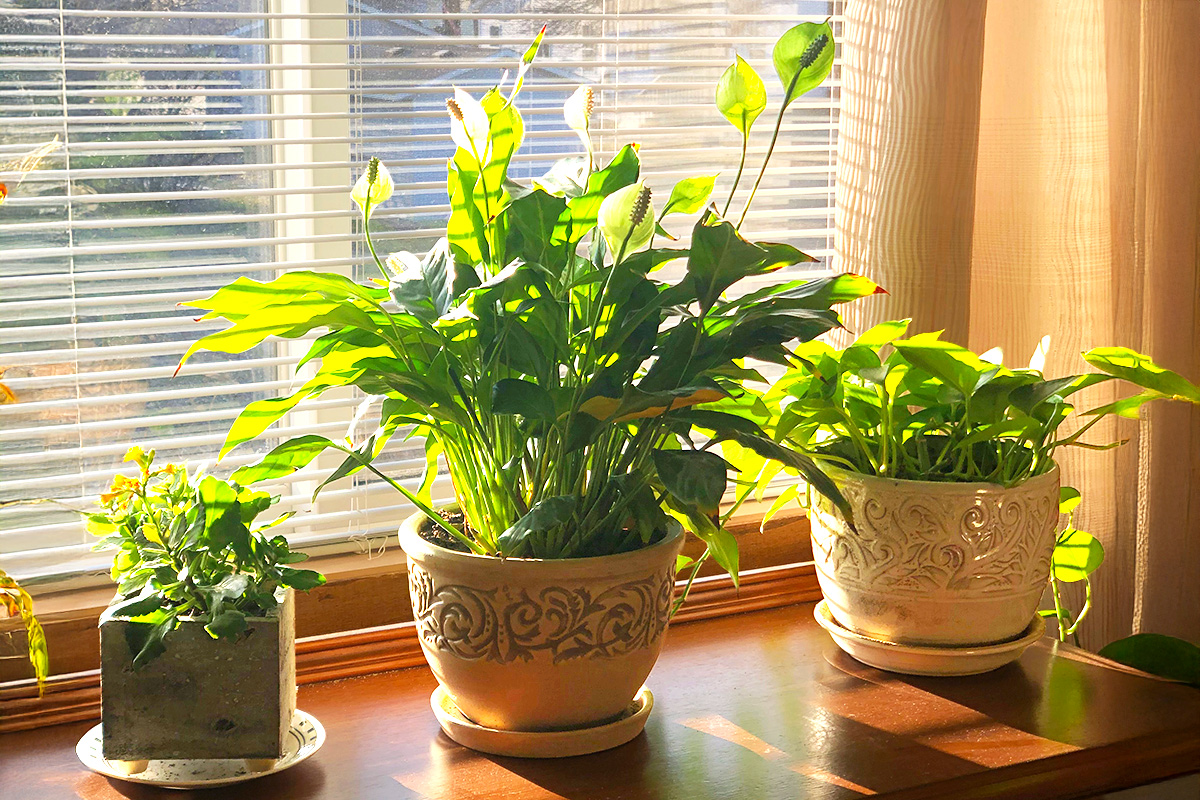Dietitians often emphasize the health benefits of steaming or lightly sautéing vegetables. Why? Because many of the nutrients in our foods are water-soluble, and boiling them can cause some of that nutrition to leach into the cooking water instead of your belly, where it belongs.
Usually, those nutrients go right down the drain with the water they’re dissolved in, but it doesn’t have to be that way. One of the best uses for that cooking water, assuming you aren’t reusing it in the kitchen, is for watering plants. Here’s why.
Houseplants, Garden Plants, and Cooking Water
Many of the foods we eat contain nutrients that are highly beneficial to the plants we grow. For example, the starches that cook out from rice, pasta, or beans provide the raw materials for plants to create their own carbohydrates. All those vitamins and minerals released from vegetables provide trace nutrients that can help nourish your plants and keep them flourishing. Even the modest amount of calcium that leaches from eggshells in the process of boiling eggs can be surprisingly useful, helping to prevent issues such as blossom-end rot in tomatoes.
Next time you’re boiling vegetables or pasta, here’s what you can do:
More from our network
House Outlook is part of Inbox Studio, which publishes content that uplifts, informs, and inspires.
• Drain the water into a heat-safe bowl instead of pouring it down your drain.
• Set the bowl aside to cool completely to room temperature.
• Water your houseplants with the cooled water, or take it outside for your garden plants.
You can also dissolve your ordinary fertilizer in it, just as you would when watering plants regularly, or use it to dilute a liquid fertilizer.
Two Things To Avoid
This hack is fairly simple, but there are two important things to keep in mind. First, do not use any broth or cooking water that contains meat or fats, as this will attract unwanted pests and smell bad. Second, avoid using heavily salted water. Salt can build up in your soil (especially in pots or containers) and eventually become toxic to your plants.




















